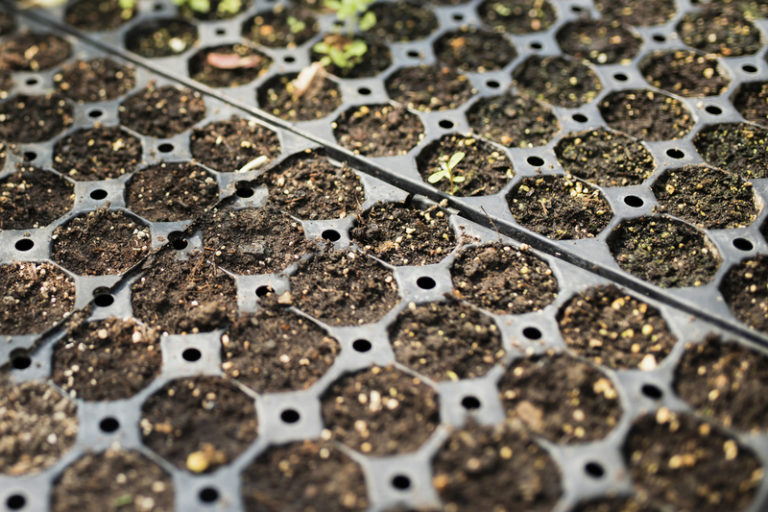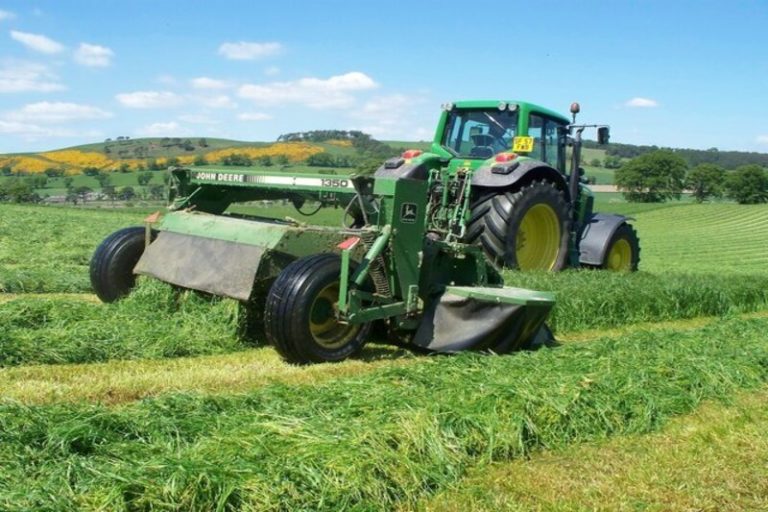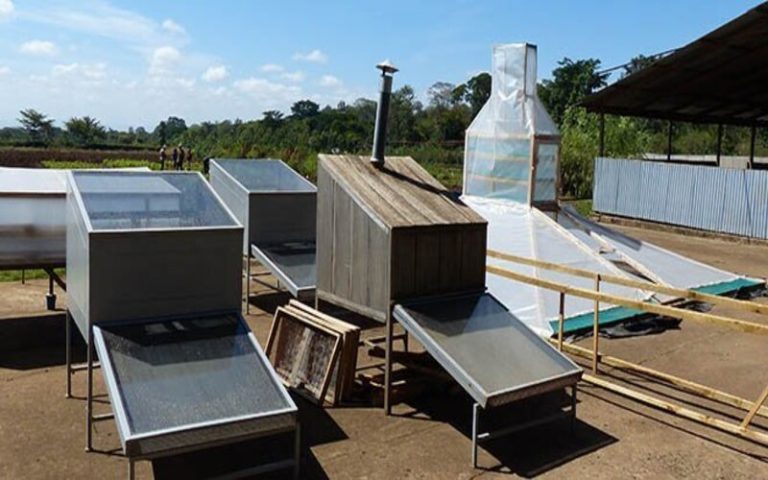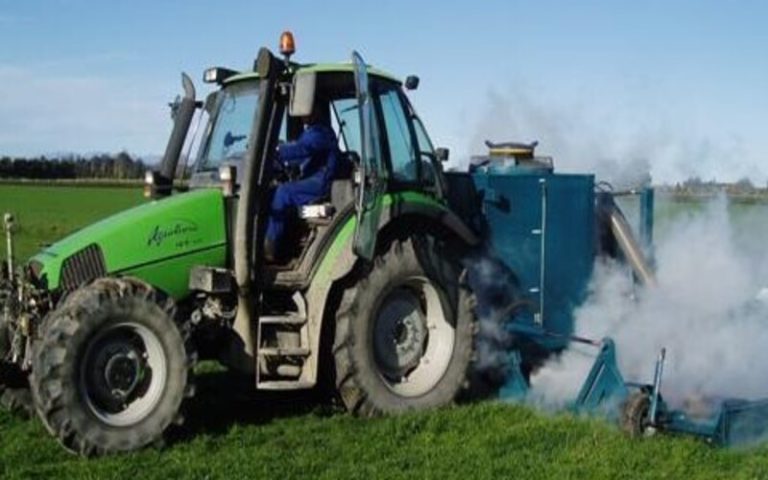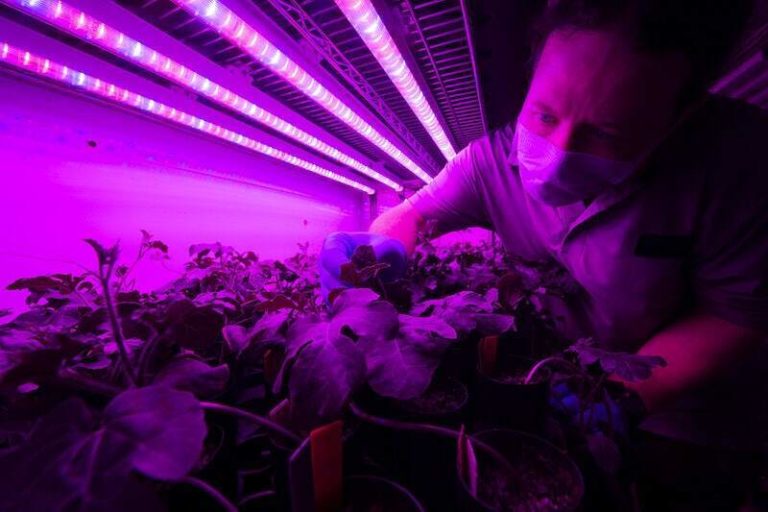Reverse Osmosis Systems for Agriculture: Improving Irrigation and Enhancing Crop Yields
Agriculture is a vital industry that requires a reliable and efficient source of water to sustain crops and maximize yields. However, traditional irrigation methods can be wasteful and can result in the depletion of precious water resources.
Reverse osmosis (RO) systems are an innovative solution that can help farmers improve their water management practices and enhance crop yields. This article will talk about the benefits of RO systems for farming and how they can help farmers keep their businesses going.
What is Reverse Osmosis ?
Reverse osmosis is a filtration process that removes impurities and contaminants from water. The process works by using a semi-permeable membrane to filter water, removing dissolved salts, minerals, and other impurities, leaving clean, purified water. RO systems are commonly used in a variety of applications, including residential water filtration, industrial water treatment, and agriculture.
Advantages of Reverse Osmosis Systems for Agriculture
There are many benefits to using RO systems for agriculture, including:
- Improving Irrigation Efficiency: RO systems can help farmers conserve water by removing impurities and salts that can clog irrigation systems and reduce the efficiency of water delivery. This helps minimize water waste and ensures that crops receive the water they need to grow.
- Enhancing Crop Yields: RO systems can also improve crop yields by providing plants with clean, pure water that is free of harmful impurities. This helps promote healthy plant growth and improves the quality and quantity of crops.
- Reducing Soil Salinity: Excessive soil salinity can negatively impact crop growth and yield. RO systems can remove excess salts from irrigation water, helping to reduce soil salinity and improve the health of crops.
- Saving Money : RO systems can help farmers save money by reducing water waste and minimizing the need for expensive fertilizers and pesticides. The purified water produced by RO systems is also of higher quality, which can help reduce the cost of crop inputs and improve overall profitability.
- Environmentally Friendly: RO systems are environmentally friendly, as they conserve water and reduce the need for chemical inputs, such as fertilizers and pesticides. Additionally, RO systems do not produce harmful waste, making them a responsible choice for farmers who are concerned about the impact of their operations on the environment.
How Reverse Osmosis Systems Work for Agriculture
RO systems for agriculture work by using a semi-permeable membrane to filter water, removing impurities and contaminants. The purified water is then stored in a holding tank for use in irrigation systems. RO systems can control the flow of water and check the quality of water to make sure that crops get the water they need to grow. This can be done automatically.
RO systems can be used in a variety of agriculture applications, including drip irrigation, center pivot irrigation, and furrow irrigation. The systems can be changed to fit the needs of each farm, making sure that farmers get the water they need to get the most out of their crops and keep their businesses going.

Conclusion
Reverse osmosis systems are an innovative solution for agriculture, offering a range of benefits that can help farmers improve their water management practices and enhance crop yields.
RO systems are cost-effective, environmentally friendly, and can be customized to meet the specific needs of each farm. For sustainable agriculture, RO systems are a great choice for farmers who want to save water, reduce the amount of salt in the soil, or get better crop yields.
Also Read :-
Tungsten Carbide Agriculture Wear Parts: Durable and Efficient Solutions for Farming Applications


